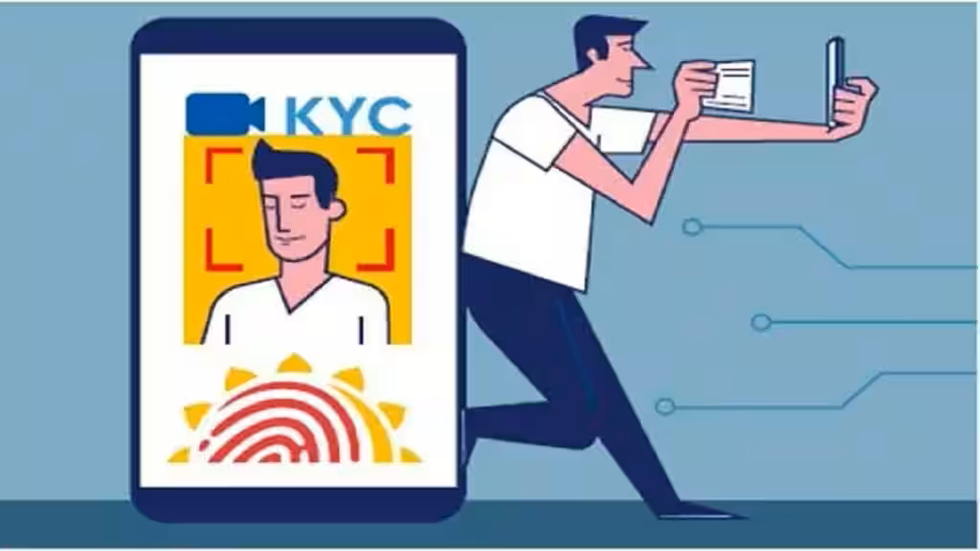About the Know Your Customer:
- It is a comprehensive process that financial and non-financial institutions follow to verify the authenticity and identity of their customers.
- The KYC process is mandatory for every customer before investing in any instruments or starting a bank account.
- In India at present, separate KYCs are needed for different financial products such as opening a bank account, investing in mutual funds, buying a life cover or investing in retirement-savings funds.
- Multiple KYCs, regular updates and even the exact specifications often prove to be a deterrent for new investors.
- To eliminate the need to do repeated KYC for investing across financial assets, the central government launched the Central KYC Records Registry.
- What is the Central KYC Records Registry?
- It was launched by the central government of India in 2016.
- It has been limited only to the capital markets.
- In fact, while dealing in securities markets, once KYC is done through a Securities and Exchange Board of India (SEBI) registered intermediary such as a broker, depository participant or mutual fund, customers do not have to undergo the same process again for fresh investments.
- The government authorised the Central Registry of Securitisation Asset Reconstruction and Security Interest of India (CERSAI) to perform the functions of the CKYCR.
- This centralised registry receives, stores, safeguards and retrieves the KYC records of a customer in a digitally secure electronic format.
- Customers have to submit their KYC details only once with any of the reporting entities of the Reserve Bank of India, Sebi, Insurance Regulatory and Development Authority of India, Pension Fund Regulatory and Development Authority at the time of opening an account.
- Once the information is registered, customers will receive a 14-digit KYC Identification Number that can be used at any financial institution registered with CERSAI.
- Financial institutions can access the CKYCR database to retrieve the KYC records of customers while onboarding them.
- In case of any changes in the details of a customer, the reporting entity will initiate a centralised KYC (CKYC) update after taking the latest KYC record of the customer.
